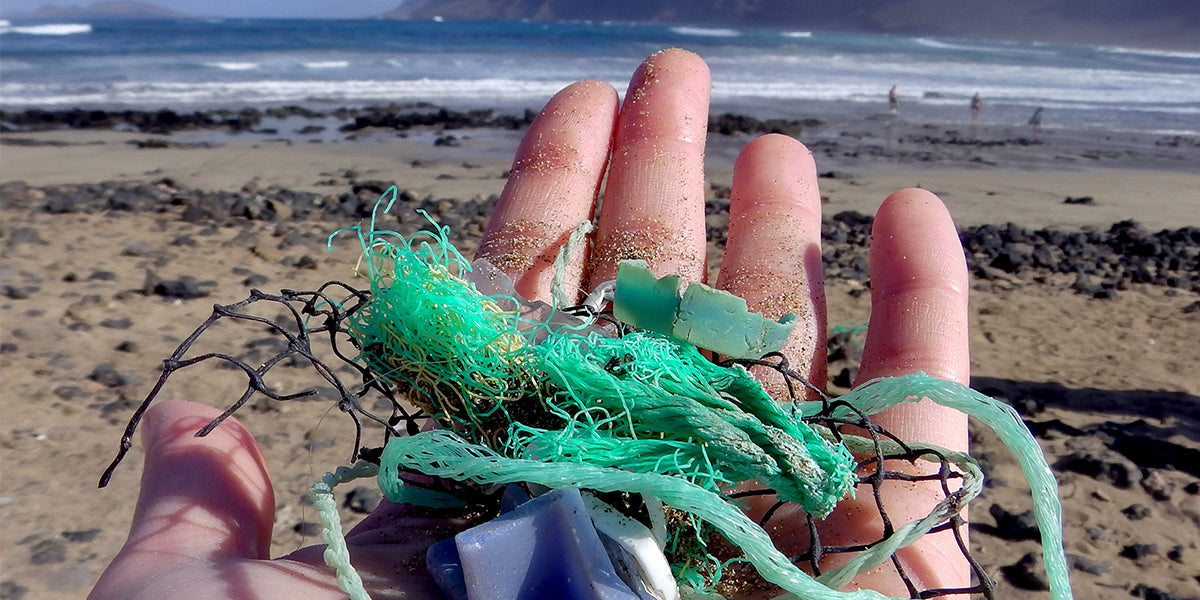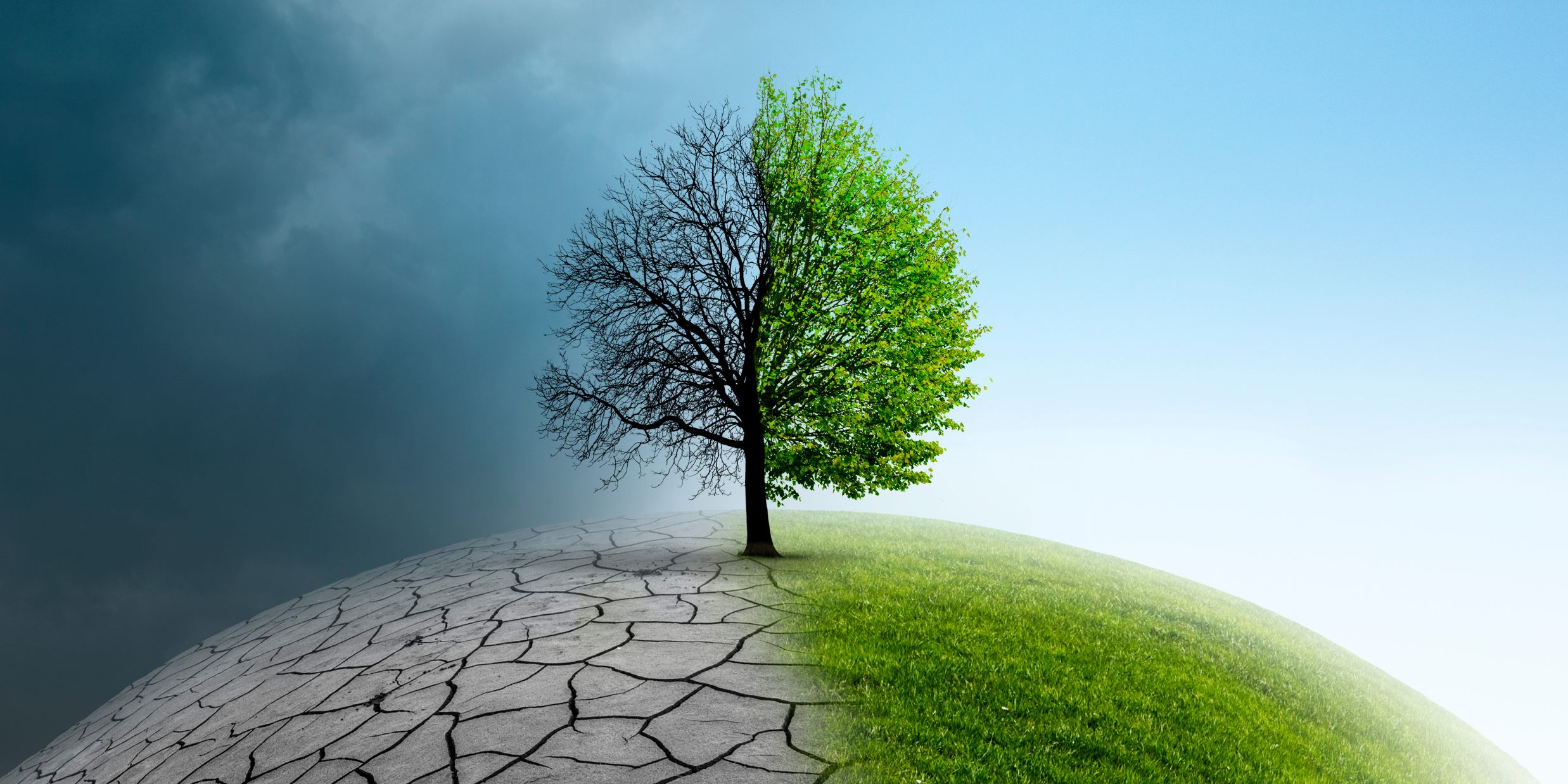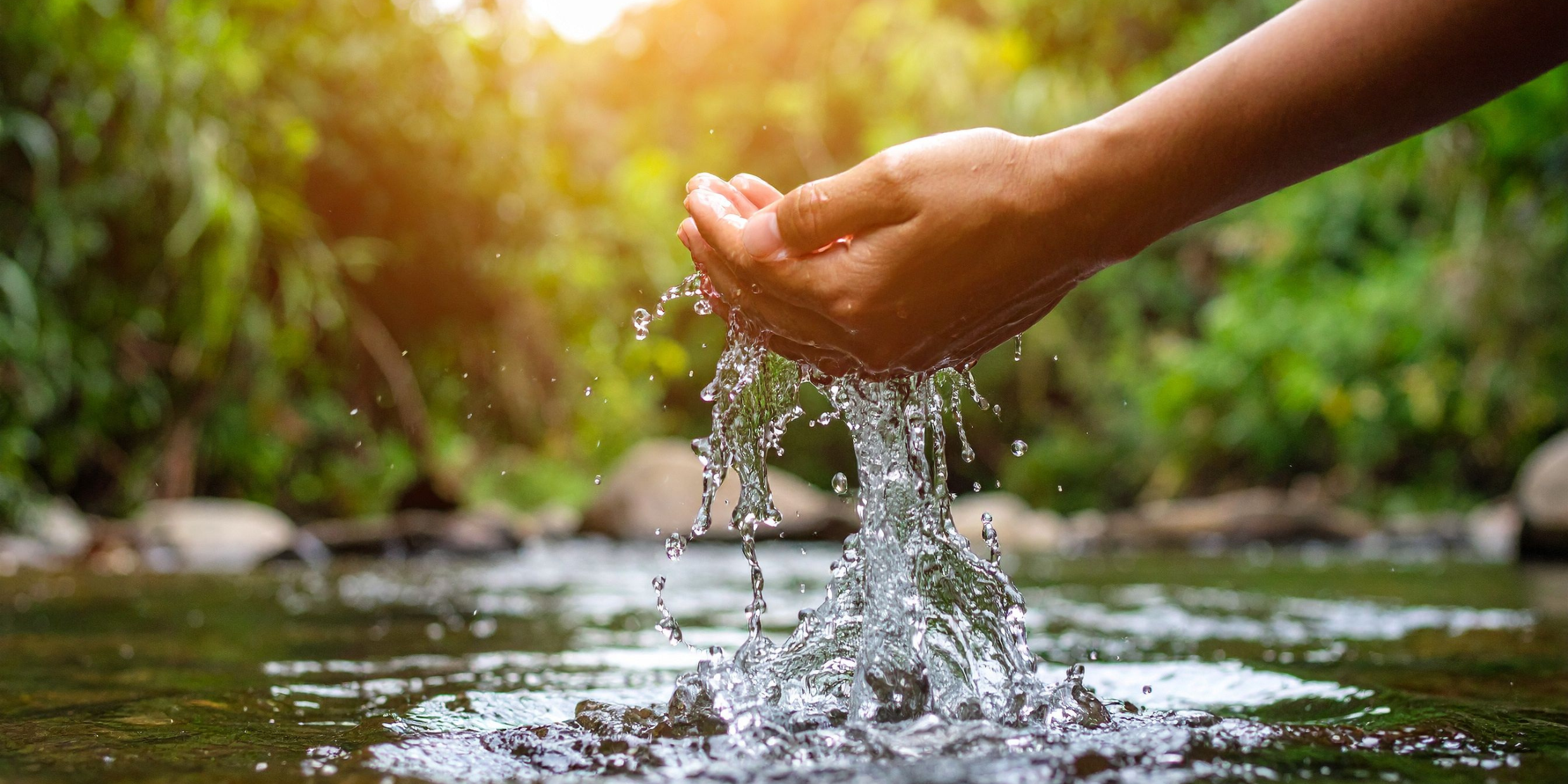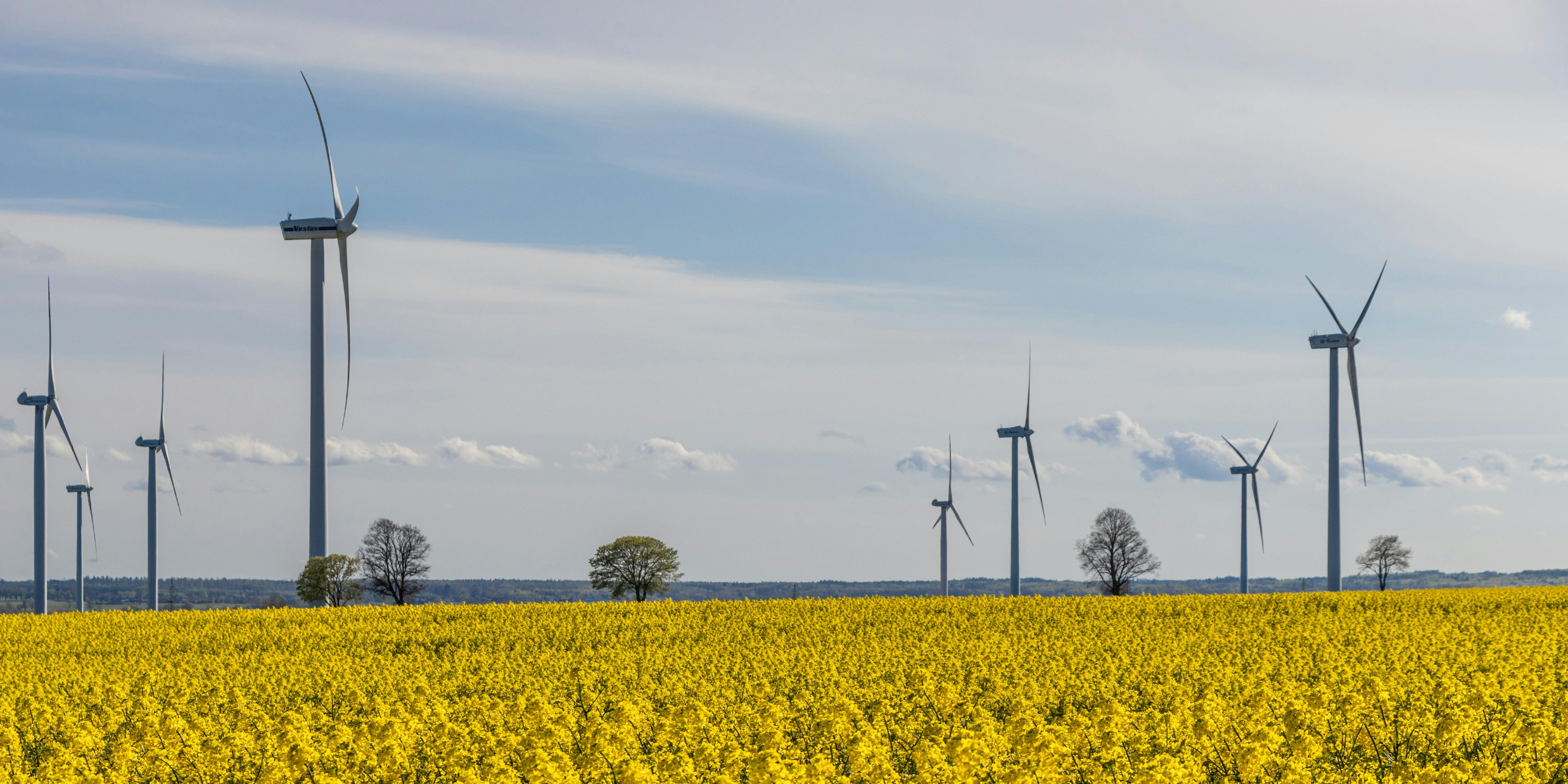The 5 Wins that made our list include a surge of single-use plastic bans, a step in the right direction from the top polluting nations, and a roadblock for big oil.
Ever feel like for every good news story you read, there's a billion more bad stories? We get it—but this time of year, we like to reflect on the year that's coming to a close, and notice all there is to be thankful for. And if you look closely, there's plenty.
This week, as you become mindful of all you're thankful for, keep in mind some of this year's great big wins for the environment.
1. Everybody Who's Anybody Is Banning Single-Use Plastics



Of all the trends of 2018, one of our favorites was the rush of nations, local governments, and corporations that pledged to put an end to some single-use plastic items. Of note are corporate giants like Starbucks, entire countries like Costa Rica, and large cities like Mumbai.
While most of the bans won't take full effect for a few years, the process has officially begun, with no sign of stopping. As more and more plastic bans are announced, others who don't want to be left behind will follow. That's what we call progress!
2. The Keystone XL Pipeline Isn't Getting off Easy
After the U.S. State Department denied a permit for the controversial oil pipeline in 2015, the project was suddenly revived in early 2017. But just this month a federal judge, Brian Morris, temporarily blocked construction.
"An agency cannot simply disregard contrary or inconvenient factual determinations that it made in the past," Morris said. In other words, the State Department can't simply pretend the reasons they denied the permit in the first place—too great a risk of pollution from oil spills—don't still exist today.
3. China Cuts Coal and Shells out for Clean Energy

When it comes to the world's biggest polluters, China remains at the top of the list. But over the last few years, China has begun to make moves in hopes of passing that title on to someone else.
In 2018, China's coal consumption dropped to five million tons—more than four times less than its consumption rate only six years ago. This year also marked the beginning of stricter emissions regulations, with China creating a system to recall non-compliant vehicles.
It's also focusing more and more on clean energy, and has plans to switch 1.18 million homes to natural gas heat by the winter. In fact, the Chinese government spends over twice as much on clean energy than the U.S.
4. Environmental Protection Held Its Ground in the U.S. Spending Bill
Speaking of U.S. spending, earlier this year the U.S. government faced a possible shutdown if a budget was not signed. In the nick of time, one was. Some budgets fared better than others, and among them—perhaps surprisingly—was the environmental budget.
For example:
- the Environmental Protection Agency's funding grew by more than $700 million, despite a proposed 25% reduction;
- National parks also got a raise in the amount of $270 million;
- Clean energy research was given more than three times the amount suggested by the president; and
- $300 million went into funding for clean water, including a huge grant for tackling the problem of lead in drinking water--a situation plaguing places like Flint, Michigan.
5. India Makes a Bold Promise to Clean Up Its Air
Of the 20 most polluted cities in the world, 11 of them are found in India, according the World Health Organization. Right now, the Indo-Gangetic Plain is experiencing some of the worst air quality yet.
But in the midst of the smog, India is starting to take significant steps to change. The WHO held the first ever Global Air Pollution and Health Conference this year, and at it, India announced a plan to reduce air pollution in "definite percentage terms" by 2024.
While this National Clean Air Plan is still in the works, and it's not without its faults, the expectation is that the pledged reduction could be around 30%.
What are some of the other environmental wins worth celebrating this year? Let us know in the comments!
Image Sources:






Share:
Charcoal Teeth Whitening: It’s Not Black & White
How to Accept Eco-unfriendly Gifts with Grace